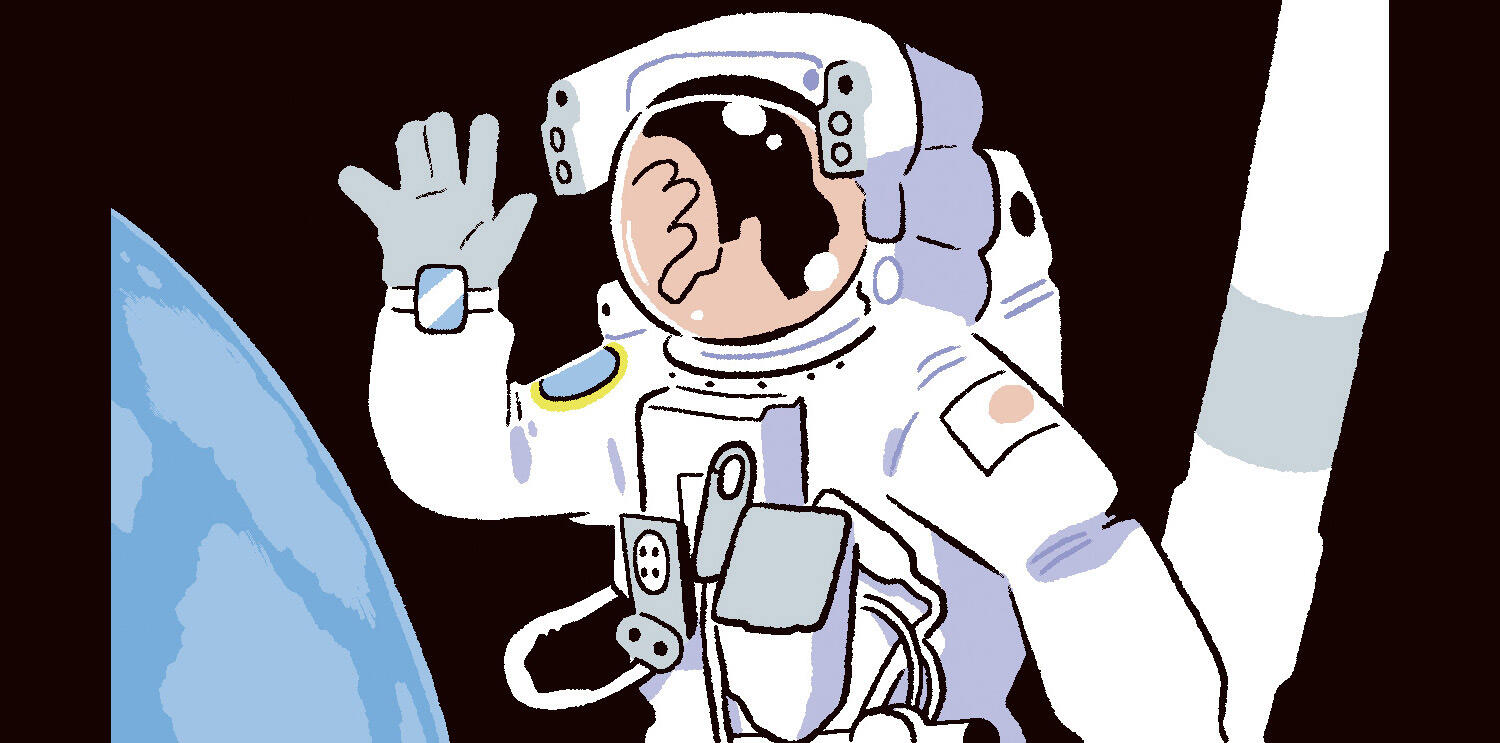
Interview: SPACE IS WAITING FOR YOU.

SPACE IS WAITING FOR YOU.
First Recruitment of Astronaut Candidates in 13 Years
JAXA started to accept applications on December 20, 2021, for the first recruitment of astronaut candidates in 13 years. (*The application has been closed on March 4, 2022.) How does it differ from the past recruitments? What requirements do applicants need to meet to be an astronaut? We interviewed KAWASAKI Kazuyoshi, Director, Management and Integration Department, Spaceflight Technology Directorate of JAXA.
―Compared with the last recruitment (of 13 years ago), the application requirements have been greatly eased in terms of applicants' academic background, what they specialized, and the medical requirements. You have thus eased the requirements, which will increase the importance of the screening process, in which you need to check the capabilities and aptitude of applicants. What do think about this?
As you said, we have scrapped the academic requirement and instead will steadily conduct a series of screening tests. Specifically, we will test applicants in total five stages, from document screening to the final. The test on STEM (science, technology, engineering and mathematics), which we have never done before, will be included in the second stage. In the STEM test we will check applicants' knowledge in the fields of science, technology, engineering and mathematics to decide whether they have the academic ability that is on par with that of university graduates. However, the difficulty of the tests will not be substantially increased due to the addition of the STEM test. As in the past, applicants will be tested for their English ability and undergo medical check. We will evaluate their capabilities in a comprehensive manner as we have done before.
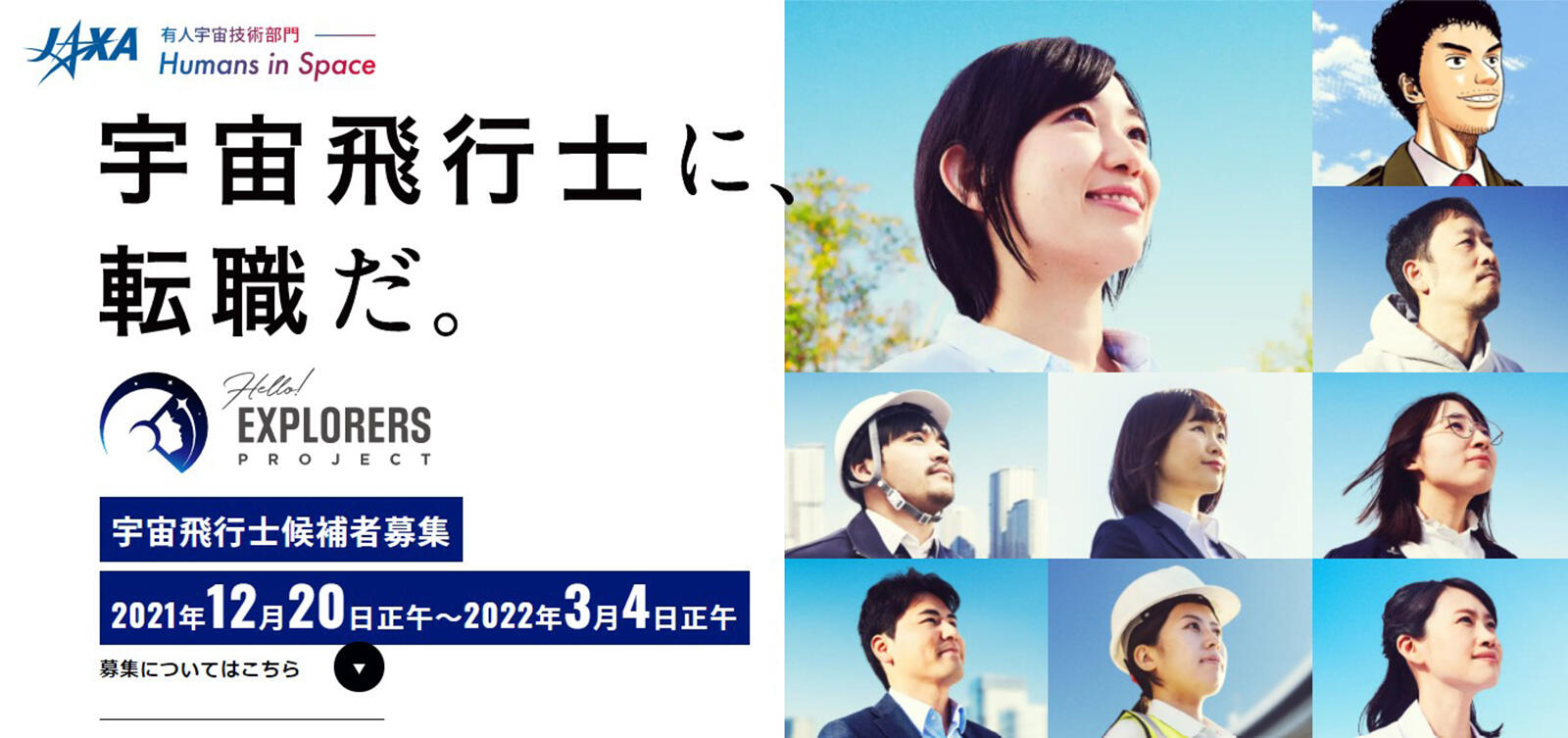
―So, you will interview applicants and have them take an aptitude test as in the past.
I cannot say, "Just as in the past." During the last 13 years, a range of new testing methods for employment have been developed in the private sector. These methods are intended to help companies to check in a precise manner whether applicants have the "competency" to meet the qualification requirements. We will check whether or not each applicant has potential to develop themselves over time, rather than evaluating them through one single test. We can thereby evaluate applicants' aptitude to be an astronaut in a more accurate and precise manner.
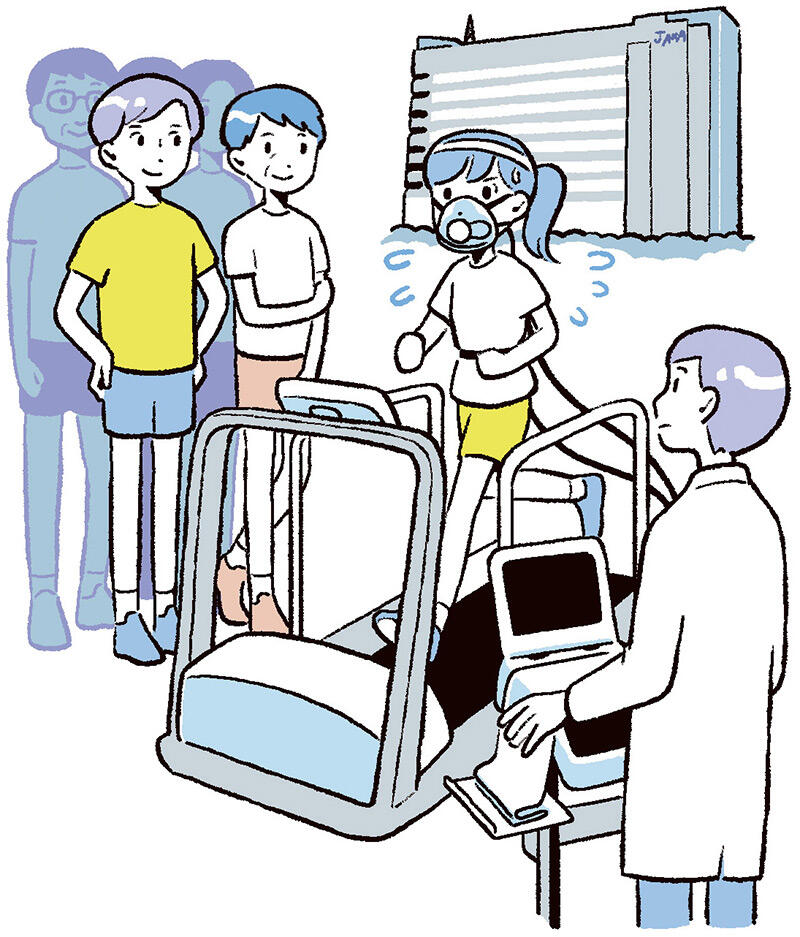
―As for the ratio of applicants to available slots, what do you think is the situation in Japan compared with those in other countries?
In the previous recruitment, we received slightly less than 1,000, specifically 963 applications and adopted three from among the applicants. The ratio was therefore 321. When NASA recruited astronaut candidates, more than 120,000 applied and 10 were adopted. The ratio was 1,200 and therefore four times that in Japan. In Europe, the ratio is even higher. I hear that for next year (in 2022), about 22,000 will apply for the recruitment and only four to six applicants will be adopted. The ratio will therefore be 5,500. The ratio in Japan is therefore relatively low, but this time we have eased the application requirements and hope that we will receive more applications.
―As for the application requirements and test details, what differences exist between Japan and other countries?
Perhaps the requirements have been much eased in Japan than in other countries. In Western countries, you need to have graduate school degrees in natural science and meet various other criteria. Still the number of applicants is very large. In this regard, Japan differs from other countries. In the country, the job of astronauts is not a familiar one to people and something special. I would like to communicate the fact that anyone could be an astronaut widely to the public.
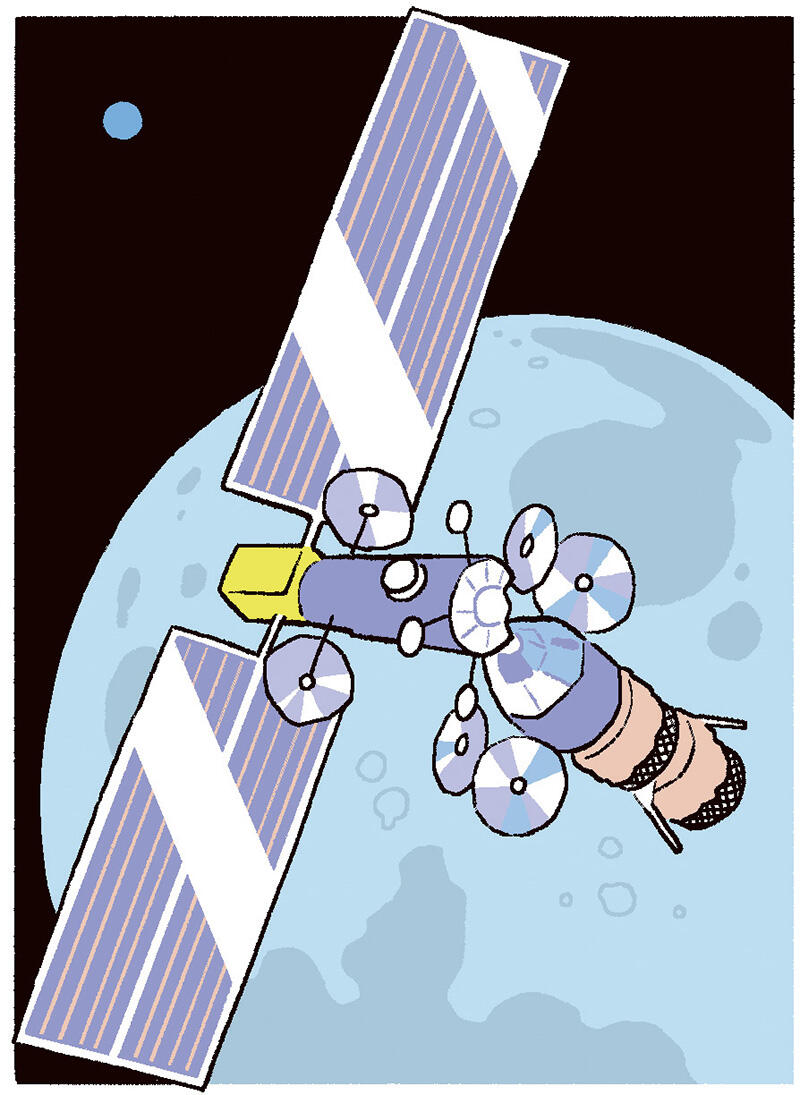
―I think applicants need to meet some criteria to be selected by you. Could you share the criteria with us to the extent possible?
We have yet to set the criteria. Unlike the past cases, in this recruitment drive we will adopt astronaut candidates who might be on lunar exploration missions. The Lunar Orbital Platform called "Gateway" is located much farther from the earth than the International Space Station (ISS), and some astronauts might feel uneasy and lonely on the missions. We therefore need to set the criteria in consideration of these issues, which is quite challenging for us. We cannot say any specific details at this moment, but we will form a selection team within JAXA, which will discuss the issues over a year.
―This time, you have newly included the "ability to express and communicate" in the requirements. Specifically what kind of ability do astronauts need to have?
The other day I was asked, "Why does humankind need to go to space?" and it is indeed difficult to answer this question because there are multiple answers to it. However, if a person who experienced a lunar mission gives an answer, it will be far more persuasive. I expect that astronauts will communicate the excitement, uneasiness and loneliness that they felt in space to many people, as only those who have gone to the moon can experience the feelings. We have therefore newly added the "ability to express and communicate" to the application requirements.
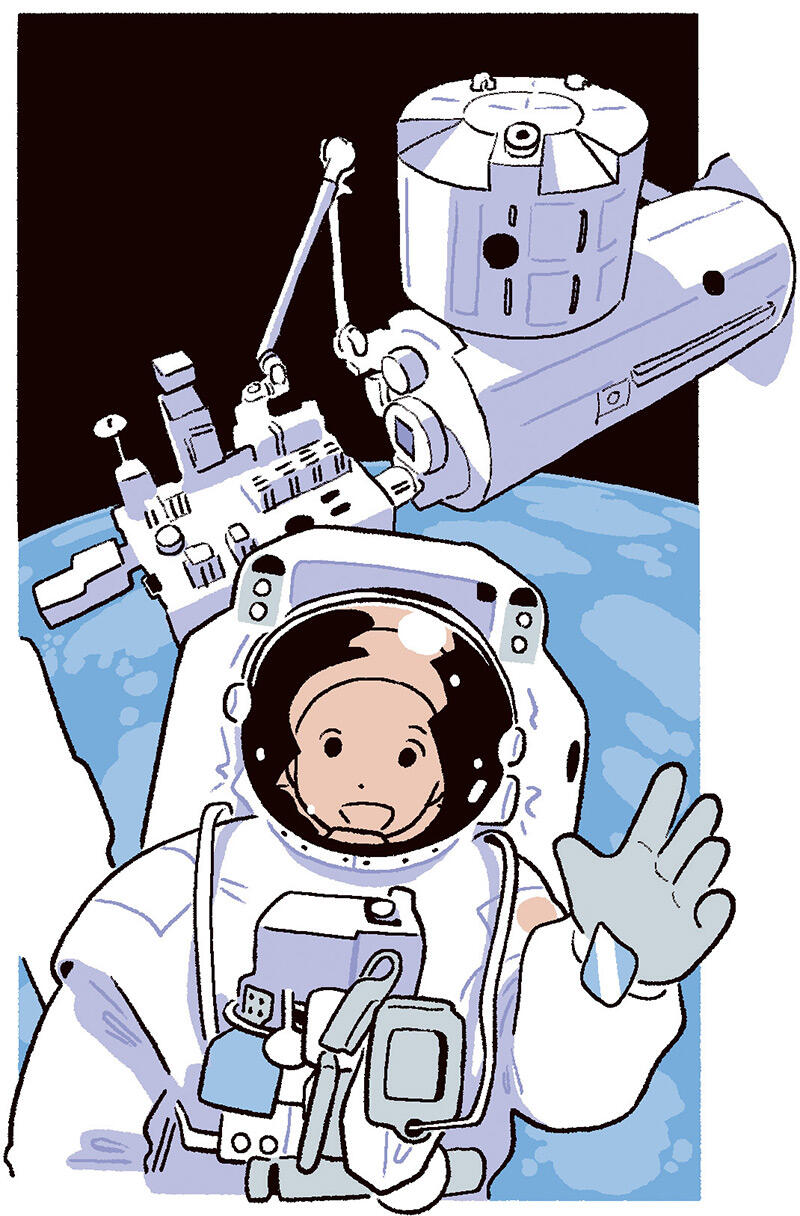
―You mean social experiences that seem to be irrelevant to the job of astronauts could be useful for the profession.
Exactly. In addition to the ability to express and communicate their experiences, as you can see on the ISS, astronauts have to stay with many people from different countries in a limited space, for which they need to have the ability for communication, partnership, leadership and also followership. We will therefore steadily check whether or not the applicants have these abilities in the screening process.
―In 1972, the Apollo 17 crew left the moon, and now, 50 years after that, why do you look to the moon again?
As long as 150 years ago, rocket engineers had already been designing spaceships to send people to the moon, although it was not a practical plan. It has long been a target of those working in the space industry to go to the moon and it is just the matter of "when." To the question, "Why now?" there are a range of issues involved, including international trends, technical issues and economic stories. Now, with the participation of the private sector, much progress has been made with space development, leading to an increase in the momentum for lunar explorations.
For the future, we aim to build a base on the moon to make the planet one where people can live. Then from the moon we will also go to Mars. If it proves to be a planet where people can live, it means that humankind will be able to survive even if something serious happens on the earth.
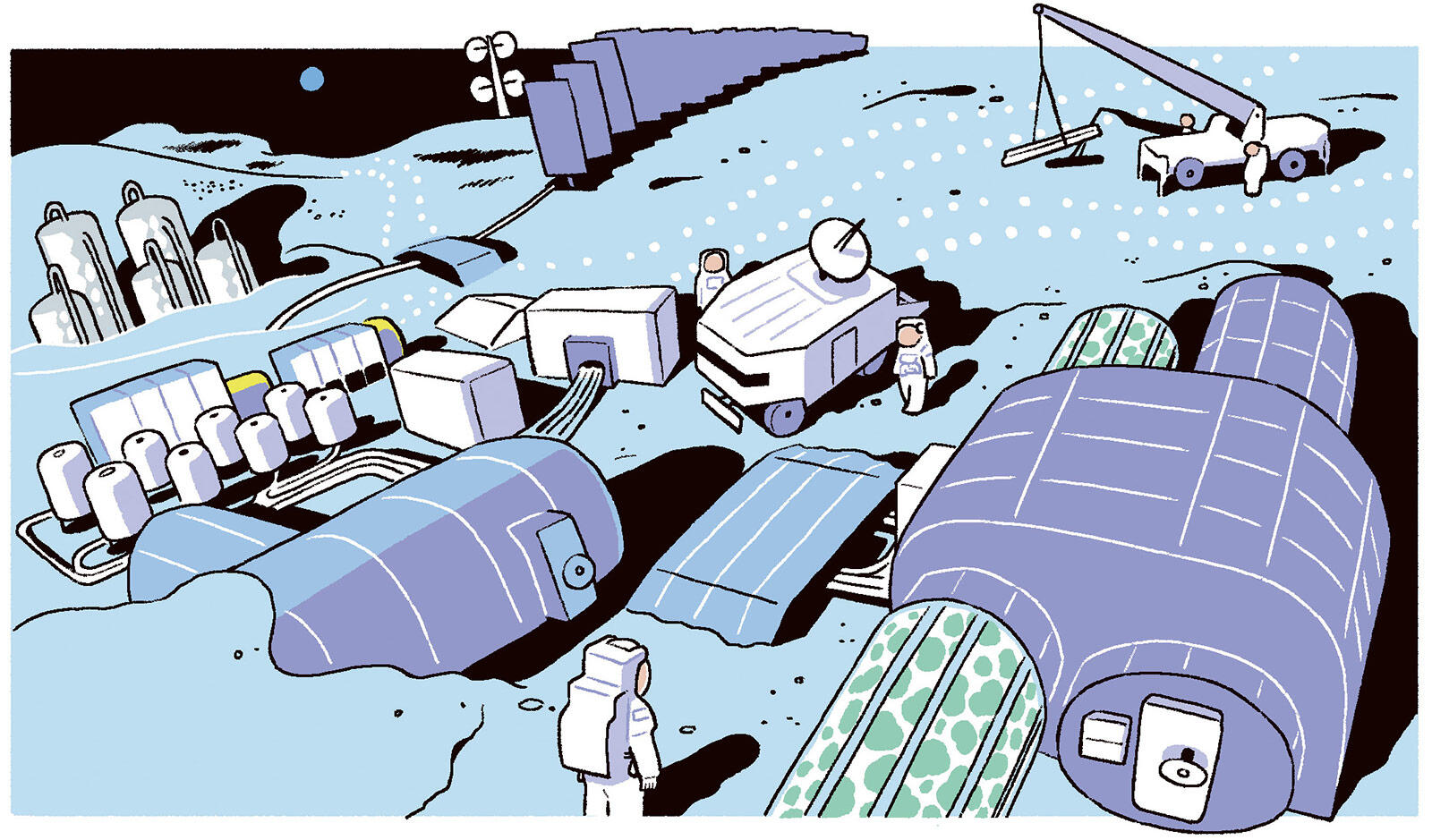
―Many say, "Finally I can take on the challenge of becoming an astronaut candidate, which has been my dream," and what do you expect from the recruitment process in which many will experience taking the tests?
We will adopt only a few from the applicants, but the finalists, about 50 people, must be highly talented and can demonstrate their abilities at any workplaces. The support given to these people will increase the public's interest in space development and the applicants themselves will be able to make contributions to society at large by utilizing the experience of taking the tests. We expect this kind of ripple effect.
―Astronauts are pioneers for the future of humankind and represent a great and romantic job. What is the most important quality element required of next-generation astronauts?
Recently I have talked with experts in humanities about similarity between space development and adventures made in the Age of Discovery in the 16th century. For example, Francis Xavier made great contributions to the spread of Christianity in Japan. The missionaries traveled overseas, including Japan to fulfill their mission, and they might be "astronauts" in the century. They left their home country for the future at the risk of their own lives. Astronauts will go on lunar exploration missions not for themselves but for the future of our society, and to do this, they need to be decisive and courageous.
Special movie created for the recruitment of astronaut candidates by JAXA (in Japanese)
Profile
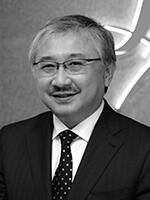
|
|
|---|
All the images are copyrighted ©JAXA unless otherwise noticed.
- Home>
- Global Activity>
- Public Relations>
- JAXA’s>
- JAXA's No.86>
- SPACE IS WAITING FOR YOU.SPACE IS WAITING FOR YOU. First Recruitment of Astronaut Candidates in 13 Years